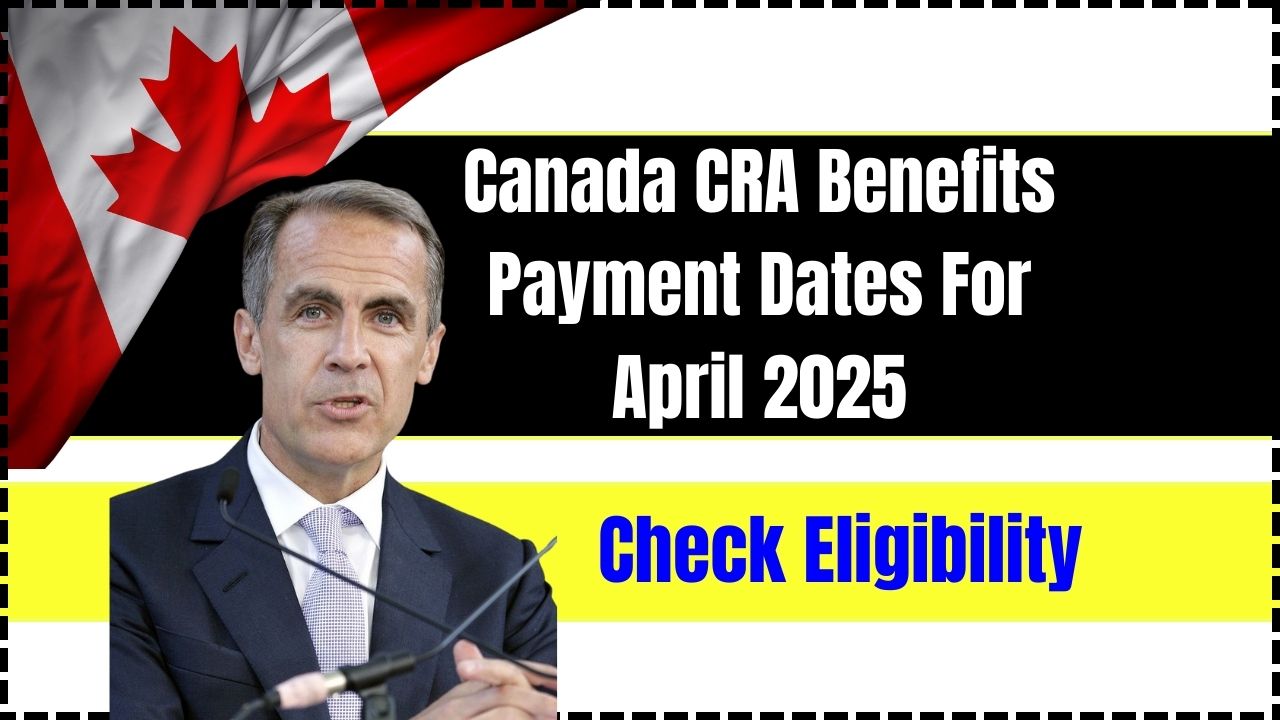
Big DWP Update: In a significant move to help tackle the rising cost of living, the UK’s Department for Work and Pensions (DWP) has announced an up to £780 boost in financial support for eligible citizens. Starting in April 2025, this update affects millions of people across the UK receiving various benefits including Personal Independence Payment (PIP), Carer’s Allowance, Attendance Allowance, Universal Credit, and the State Pension. This article provides a comprehensive guide to the changes, who qualifies, how to claim, and what it means for your finances. Whether you’re a carer, a pensioner, or someone living with a disability, understanding these changes can help you make the most of what you’re entitled to.
Big DWP Update
The £780 extra financial support initiative by the DWP for 2025 marks a positive step towards reducing economic pressure on the UK’s most vulnerable. Whether you’re a pensioner, disabled, or a carer, these changes reflect a growing awareness of the essential role benefits play in maintaining dignity and stability. Staying informed, checking eligibility, and ensuring your claims are up to date is the best way to make sure you receive what you’re entitled to.
| Benefit | Old Rate (2024/25) | New Rate (2025/26) | Annual Increase | Who Qualifies |
|---|---|---|---|---|
| Personal Independence Payment (PIP) – Enhanced Daily | £108.55/week | £110.40/week | £96.20 | Those with daily living needs due to long-term conditions |
| PIP – Enhanced Mobility | £75.75/week | £77.05/week | £67.60 | Those with mobility challenges |
| Attendance Allowance – Higher Rate | £108.55/week | £110.40/week | £96.20 | Individuals aged 65+ requiring personal care |
| Attendance Allowance – Lower Rate | £72.65/week | £73.90/week | £65.00 | Elderly needing frequent supervision |
| Carer’s Allowance | £81.90/week | £83.30/week | £72.80 | Carers providing 35+ hours/week of unpaid care |
| ESA – Support Group Component | £129.50/week | £131.70/week | £114.40 | Individuals unable to work due to health conditions |
| Universal Credit – Single (25+) | £393.45/month | £400.14/month | £80.28 | Low-income individuals or jobseekers |
| Full State Pension | £221.20/week | £230.25/week | £470.60 | Pensioners with full National Insurance record |
Why Is This Increase Happening?
The DWP’s decision comes as a response to ongoing economic pressures, especially those felt by vulnerable groups like the elderly, disabled, and carers. With inflation still impacting everyday costs and a continued focus on welfare reform, these benefit boosts are designed to ensure that payments keep pace with real-life expenses.
Notably, these changes align with the Triple Lock Guarantee for pensions and general inflation-linked adjustments applied across other benefits.
Who Will Get the £780 Extra?
This increase isn’t a one-size-fits-all payment. Instead, it refers to the potential total uplift per year, depending on the combination of benefits you receive.
For example:
- A person claiming both enhanced components of PIP could receive an extra £163.80 per year.
- Someone on Carer’s Allowance and Universal Credit may see increases approaching £150-£300+, depending on their individual situation.
- A pensioner receiving both Attendance Allowance and State Pension could benefit by up to £566.80+ annually.
These increases will automatically apply from April 2025. You do not need to reapply for benefits to receive the higher rate.
Step-by-Step: How to Check Eligibility and Claim Big DWP Update
Step 1: Identify the Benefits You Already Receive
Log into your DWP online account or check your most recent award letter to confirm which benefits you currently receive.
Step 2: Understand the Eligibility Criteria
- PIP: For long-term physical or mental health conditions that affect daily life or mobility.
- Attendance Allowance: For those aged 65+ needing care or supervision.
- Carer’s Allowance: If you care for someone at least 35 hours/week and they receive a qualifying disability benefit.
- ESA: For individuals unable to work due to illness or disability.
- Universal Credit: If you are on a low income, unemployed, or unable to work.
- State Pension: Must have paid National Insurance contributions for at least 10 years (35 for the full rate).
Step 3: Submit or Update Your Claim (If Needed)
You can apply or report changes via GOV.UK
Step 4: Monitor Your Payments
Increases will begin showing in your April 2025 benefit statements, with adjustments depending on your individual pay schedule.
Expert Insights: Why This Matters
According to Joseph Rowntree Foundation and Resolution Foundation data, more than 14.4 million people in the UK live in poverty, including 4.2 million children. Financial aid like this, even modest in appearance, can prevent worsening inequality.
Furthermore, unpaid carers save the UK economy over £162 billion annually, yet many earn less than minimum wage for their efforts. These increases are seen as a long-overdue adjustment for an often overlooked population.
Born Before 1958? You Could Receive a £4,000 Pension Boost – See If You Qualify!
UK Pensioners Could Get £434 a Month – Check DWP’s New Support Plan!
£4,200 Pension Credit Boost for UK Seniors in April 2025 – Who will get it? Check Eligibility
Frequently Asked Questions (FAQs)
Q: Will I need to apply to receive the increase?
A: No. The increase is automatic for existing claimants. If you’re already receiving a qualifying benefit, the higher rate will apply from your next payment after April 2025.
Q: What if I recently applied for benefits?
A: If your application is approved after April 2025, you’ll receive the new, increased rate.
Q: Can I receive more than one benefit at the new rate?
A: Yes. Many people receive a combination (e.g., PIP + Carer’s Allowance + Universal Credit), and each benefit will be increased accordingly.
Q: How do I appeal if I think I’m eligible but was denied?
A: You can request a Mandatory Reconsideration within one month of your decision.
Q: What’s the earnings limit for Carer’s Allowance now?
A: It has been raised to £160/week (after tax, National Insurance, and expenses).






